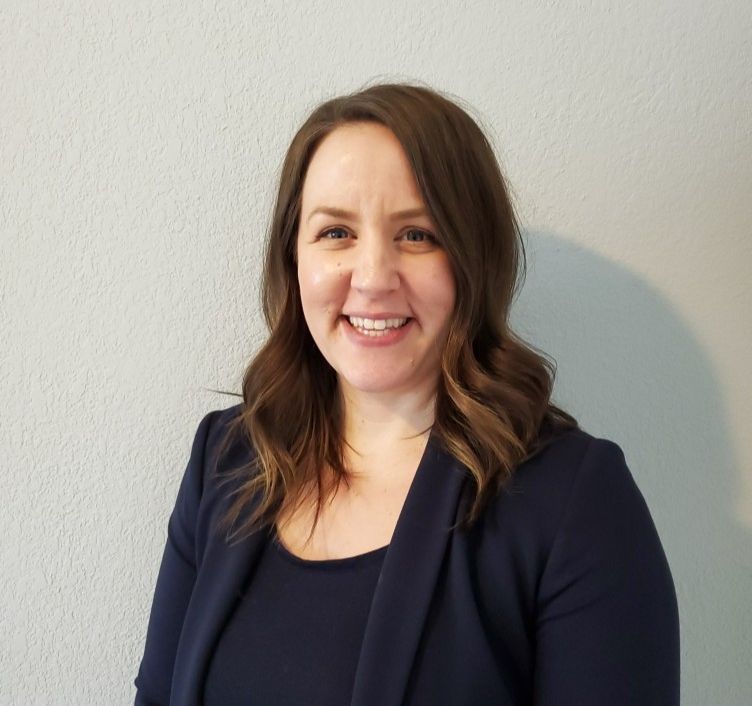
5 Questions Every Manager Should Ask Themselves at Year-End
Dec 17, 2024
“Follow effective action with quiet reflection.
From the quiet reflection will come even more effective action.”
- Peter F. Drucker
It’s that time of year. The time when we can’t ignore the fact that a whole year has almost passed. A time when we tend to think “what exactly did I accomplish this year?”
I am a big believer is self reflection and taking stock in what worked and what didn’t. And while taking time to reflect can happen at any point in the year or after a significant event (and really should be done as a continuous practice), this time of year really feels like the perfect opportunity to aside some time to reflect on what you accomplished, how far you’ve come, and what lessons you learned throughout the year. It’s the ideal time to pause and reflect, both personally and professionally, pat yourself on the back and set some killer goals to hit the ground running in the new year.
Taking the time for a little self-reflection provides the clarity and self-awareness you need to improve your skills as a leader, move forward, and effectively lead your team in the new year.
How To Get Started
Struggling to remember what happened in the last 12 months or what you actually accomplished? Before we go any further, please know that this blog post is coming from the desk of a woman who regularly forgets what she did in a day or why she walked into a room, let alone recalling the events of an entire year (hi, it’s me. I’m the woman). So, I know it can be a daunting task to try and remember the whole year.
If you are having a hard time recalling the year I recommend a couple thing:
Review your calendar, emails, and notes:
These can all act as a great refresher for what you did throughout the year including important meetings, deadlines, interviews, and projects. As an added bonus, emails may even have feedback on a job well done too.
Look at the metrics:
The numbers don’t lie, but they don’t paint the whole picture either. This can be a great place to look at what was accomplished including profit, sales, customer retention, or employee turnover. But what metrics don’t tell you is how hard you worked or any internal or external factors that my have affected the results. So take these with a grain of salt.
Ask for feedback:
Ask someone on your team what they think the highlight of the year was. You may or may not agree with what they said, but it may give you a new perspective on an accomplishment you hadn’t considered.
*Pro Tip: If you haven’t started this already and you’re not someone who journals, create a document where you track all your successes, accomplishments, and challenges you overcame in the year. It will make year end reflection a lot easier.
*Bonus Pro Tip: This is also a GREAT idea to do for each of your team members.
Ask Yourself These 5 Questions
Now that you have a good idea of where you were at the beginning of the year, where you are now, and everything that happened in between, you can start to really reflect on all your wins and any lessons learned.
The following questions will help you gain perspective on the last year and help you identify any lessons learned (and maybe the lessons you still need to learn?) along with highlighting your achievements.
I suggest you set aside some time and find a quiet place to reflect on the last year.
1. What were my biggest leadership wins this year?
Start with the wins! It is all too easy to focus on what went wrong or what we didn’t get accomplished, but don’t overlook your successes! Even the smallest ones.
- Did you navigate a challenging situation with a successful outcome?
- Did you lead your team to a significant achievement?
- Were there personal milestones, like leading you first team meeting or completing a professional development course?
Finding the wins, highlights what you did well and what you can continue or double down on moving forward.
2. What challenges came up, and how did I handle them?
I don’t need to tell you that leadership comes with challenges. Think about the challenges that came up and how you handled them.
- Did you face a difficult conversation with a team member?
- Were there unexpected changes, like conflict priorities or a sudden team vacancy?
Examining how you approached these challenges - whether they went the way you wanted or not - can provide valuable lessons. Adjust your thinking to use your growth mindset and ask yourself: What worked? What didn’t? And what would I do differently next time?
3. How did I support my team’s growth and success?
Since your number one role as a leader is to support your team and ensure they have everything they need to perform their role effectively, it only makes sense to reflect on how you supported them. Give thought to how you contributed to their success, both individually and as a team.
- Did you provide regular feedback and recognition?
- Did you offer opportunities for growth, such as training or new responsibilities?
- Did you actively remove roadblocks to help your team perform at their best?
Consider where you excelled and where you might improve your support next year.
4. What are some limiting beliefs I have about my abilities or potential? How can I challenge these beliefs?
We all have them and the only way to really start to move away from them is to face them head on through a really honest conversation with yourself.
- What belief has held you back the most in the last year?
- Why do you believe this?
- How has this belief held you back?
Once you get a good handle on what your self-limiting beliefs are, and why you’re having them, then you can start to work to move past them. Awareness is key and a major first step to overcoming self doubt.
5. How can I improve moving forward?
The final question has everything to do with how you use this information to move forward and grow as a leader. What skills as a leader do you want to improve?
Where do you want to be in 6 months or a year from now? Ask yourself these specific questions to drill down and create clear goals.
- Are there specific skills you want to improve, like communication or delegation?
- Are there habits you want to build, such as giving more consistent recognition or conducting better one-on-one meetings?
- Do you need to adjust your leadership style to better meet the needs of your team?
Asking yourself these questions will help you determine how to best use the lessons of the last year to set clear goals, move forward, and start the new year with direction.
Taking the time to reflect on these five questions (or any others you may find helpful) will help you cut through the noise and gain clarity. It will help you take any challenges that came up for you in the year and put them to good use.
Once you have your goals clearly defined, I suggest recording them so you have them to look back on a year from now. And if you’re comfortable, share your goals with your team! Not only will this help you stay accountable, but it will also help build trust with your team.
So, grab a notebook, carve out some quiet time, and start reflecting. The new year is waiting for your best leader self to show up.
Tell me, are you planning on taking some time to reflect and set goals for the new year? Let me know in the comments!
Happy reflecting!
Emily



